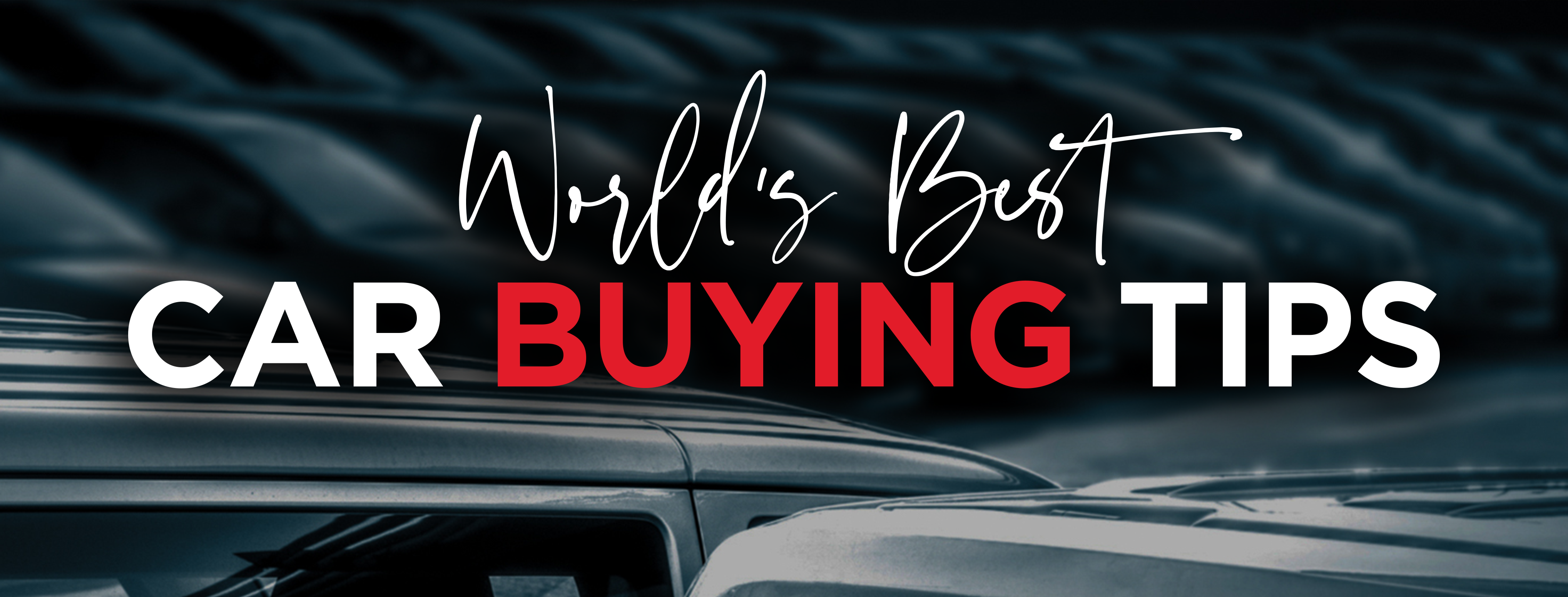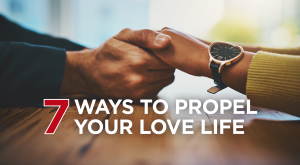I’ve compiled the best car buying advice to save you money.
Although I’m a real estate guy, I’ve purchased a lot of cars over the years and learned some valuable lessons on how to minimize losses.
Since I was a teenager, my favorite car has been the Porsche 911. In 1978, when I bought my first Porsche (a black 911 Targa), I was so ecstatic I figured I’d never want another car. If that had been true, I’d have a lot more in my bank account today.
What is the best car buying advice?
I hope this car buying advice will help you. It’s saved me a bundle.
Shop today, buy tomorrow
A costly mistake car buyers make is going out on a weekend, finding a car they like, and buying it that day. Buying a car should be a two-step process. Do your shopping first. Take test drives, ask questions, make it fun, but absolutely, positively DON’T BUY THAT DAY. After narrowing your choice down to one car model, do your homework before negotiating.
Homework before you negotiate
On the Internet, scrutinize everything you can find about the car model you want the night before you begin negotiating price. Look at customer reviews, critics’ reviews, depreciation compared to other cars, reliability surveys, and how much slightly used models are selling for from private individuals and dealers.
Remember, in most states when you buy a used car from a private individual you pay no sales tax, a 5%-9% savings, in addition to paying a lower price than new. Consider this option the night before you buy a new car, and keep the best used car deals in mind (as a comparative baseline) when you begin negotiating the next day.
Know the real dealer cost
If you ask, dealers will typically show you a new car’s invoice to demonstrate that they aren’t making much money and you’re getting a great deal. But dealers typically receive “bonus” cash incentives (from car manufacturers) on each car they sell, so their profit margin is usually greater than the difference between what you pay and the car’s invoice “cost.”
So when doing research the night before, find the dealer’s invoice on the car you want, the “hold back” (extra profit the dealer will receive from the manufacturer not reflected in the invoice) and other dealer (or consumer incentives) offered by the manufacturer. Knowing the dealer’s real bottom line helps you know how far you can reasonably push down the price.
Shop by phone first
You lose a HUGE advantage when you’re negotiating on the showroom floor. Before you go anywhere, negotiate dealer against dealer by telephone. Get your absolute best cash price from multiple dealers. They are less resistant to negotiating by phone if you call out of state dealers, or say you’re from far away (a relative term) and want to check price before you make the long drive.
Negotiate a “no trade” price
Negotiate your best cash price before suggesting you have a car to trade. Dealers sometimes pad the price of your trade (inflate the price) and build it into the price of the car you’re buying. They know car shoppers usually research their own car’s value more than the dealer’s margin on the car they’re buying. So they’ll try to make you happy by offering above market for your trade, and pad the overage into the price of the car you’re buying.
By negotiating your best cash price first, you’ll force the dealer to tell you how much they’re really giving you for your trade.
Carefully evaluate trading
In most states, you save sales tax on the difference between the new car price and your car’s trade-in price, BUT, this tax savings is usually less than the discount you’re taking by trading your car as opposed to selling it yourself to a retail buyer. If you’re too busy to mess with selling your own car, pay a friend or relative a spiff to do it for you. My nephew, Jason, has been saving me money and earning extra cash for years by selling my used cars privately.
Finance the purchase
Consider financing your new car for a few months, even if you intended to pay cash. See if you can get an extra discount by doing this. Dealers often receive a spiff on buyers who finance their cars (through the dealer). This spiff can be substantial because it presumes, based on averages, that you’ll keep the loan in place for several years. But you don’t have to. You can pay off most car loans at any time without penalty.
So once you’ve negotiated your best no-finance price, see if you can obtain an additional discount, if you do finance. Then pay off the loan in the first month or two. Your interest on a $20,000 loan at 5% for one month is only about $85 (and you’ll be earning some offsetting interest on the extra $20,000 in your account during that time). I recently did this when buying a Ford Raptor truck and saved over $400 net after my interest cost for the loan.
Avoid leases
I’ve never seen a lease deal that beats financing the car when computing your out-of-pocket cost of ownership after 2 to 5 years. Some say there are tax benefits to a car lease, but I don’t think that’s true for most people.
If you’re using your car for business, you can deduct the interest payments on your loan and you can depreciate the car too (something you can’t do when leasing). The interest deduction plus depreciation will usually give you a greater tax write-off than lease payments alone. And if you’re not using the car for business, you can’t deduct either lease or interest payments. Sure, with a lease you can turn the car in at the end with no further liability. Dealers build a hefty safety margin into your lease payments, protecting them from the car being worth less than they predict at the end.
Don’t buy extended warranties
Once you agree to a price, you will typically close the deal in the finance office (even if you’re not financing the car). They will likely try to convince you to buy all kinds of extras, from extended warranties to weather protection packages to tire puncture warranties.
These add-ons are huge profit margin items, and the finance officers typically receive commissions for selling you these add-ons. I could write an entire article on why you’re not likely to see a dime’s return on these extras, but for today I’ll tell you to just say no.
Don’t buy end of the year closeouts
Dealers typically offer “close out” deals on last year’s cars at the beginning of a new model year (usually in the fall). You can typically buy end-of-model-year cars for less, but NOT as much less as the model year value differential when you sell a few years down the road.
So, buy the latest model year car, even if you have to pay a little bit more and wait a while for next year’s models to arrive. Also, make sure the car you’re buying isn’t about to be replaced by a new body style or other significant change. This will absolutely kill your resale value. If a new version of the car is coming, wait to buy that.
Scrutinize dealers’ used cars
Dealers’ highest profit margins are typically on their used cars because each one is a one-of-a-kind, and you won’t find it at another dealer. So unlike shopping for a new car (which are often replicated at many dealers), be very, very careful to determine value before you buy a dealer’s used car.
Also, if you buy a used car from a dealer, you pay sales tax. In most states, if you buy from a private individual you pay no sales tax. So double check to make sure a dealer’s used car price plus sales tax is competitive with buying privately.
Time is on your side
Cars go down in value the longer they sit on the lot. The deal you’re offered today will often be improved tomorrow. When you negotiate, make your offers subject to checking with someone (accountant, spouse).
When you get to the bottom line, you can walk away and tell the dealer you’ll give them an answer later that day, or tomorrow. Then, come back with a little bit lower offer, or say you intend to keep shopping. When buying a car, time is on your side while the cash is in your pocket.
Get all 12 tips compiled in a printable version




